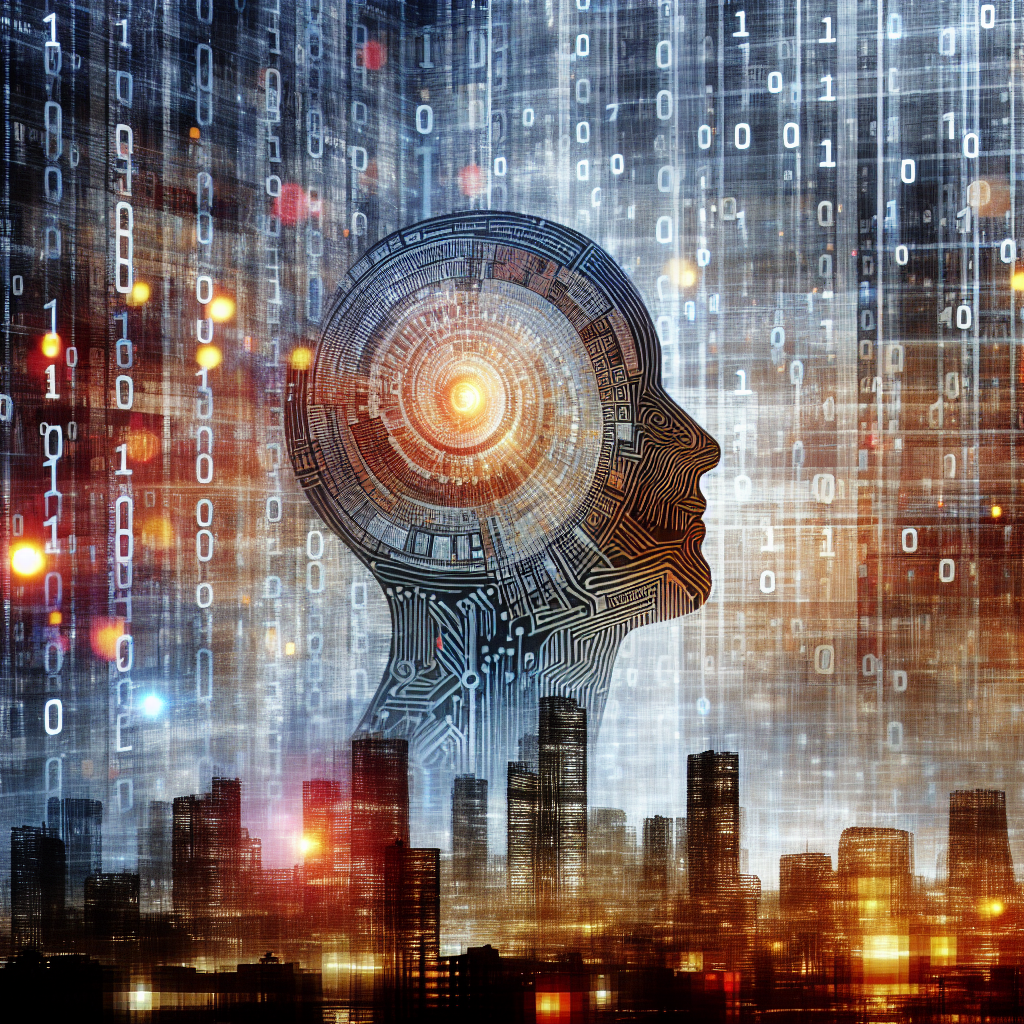Artificial intelligence (AI) has been making waves in the tech industry for several years now, and its impact on various facets of society is becoming more pronounced with each passing day. One area that is increasingly being affected by AI is software development, with many experts raising concerns about the potential for AI tools to lead to fewer software developer jobs in the future.
One of the primary reasons for this concern is the fact that AI tools are becoming increasingly sophisticated and capable of performing tasks that were previously the domain of human software developers. For example, AI can now analyze large amounts of data to identify patterns and trends, write code based on predefined specifications, and even test and debug software applications.
This has led to fears that AI could eventually replace many of the functions currently performed by software developers, leading to a decrease in the demand for human developers. While these fears are certainly valid, it is important to consider the nuances of the situation and the potential impact of AI on the software development industry.
One aspect to consider is that while AI tools may be able to perform certain tasks traditionally done by software developers, they are unlikely to completely replace human developers altogether. This is because software development is a highly collaborative and creative process that requires human input and decision-making at various stages.
Furthermore, AI tools are still limited in their ability to understand complex and nuanced requirements, communicate effectively with stakeholders, and think critically about the implications of their decisions. These are all areas where human software developers excel and are likely to continue playing a key role in the software development process.
Additionally, the rise of AI tools in software development may actually create new opportunities for software developers to specialize in areas where AI can augment their skills and capabilities. For example, developers who are proficient in AI technologies may find themselves in high demand to design, implement, and manage AI systems that support the software development process.
Moreover, AI tools can also help software developers become more efficient and productive by automating routine tasks, freeing up time for them to focus on higher-value activities such as problem-solving, innovation, and collaboration. This can ultimately lead to a more dynamic and engaging work environment for developers, rather than a decline in job opportunities.
Ultimately, while the impact of AI on the software development industry is certainly worth monitoring, it is important to approach this issue with a nuanced and balanced perspective. AI tools have the potential to transform the way software is developed, but they are unlikely to completely replace human developers. Instead, they are likely to enhance the capabilities and opportunities available to developers, leading to a more vibrant and innovative industry overall.

